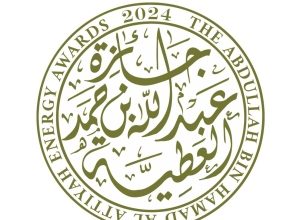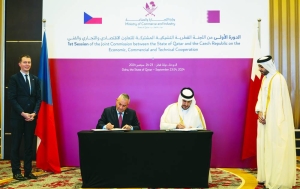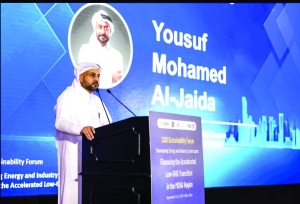Powering Up: Central Asian States Commit to Energy Cooperation and Innovation
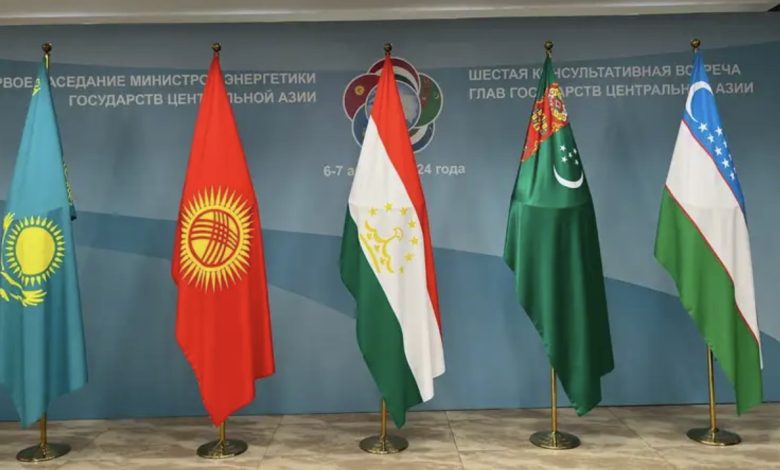
ASTANA — In a joint statement, the Energy Ministers of the Central Asian countries emphasized the importance of their first meeting on Aug. 6 in establishing political mutual trust, contacts, and collaboration and in developing cooperation and implementing the region’s energy potential.
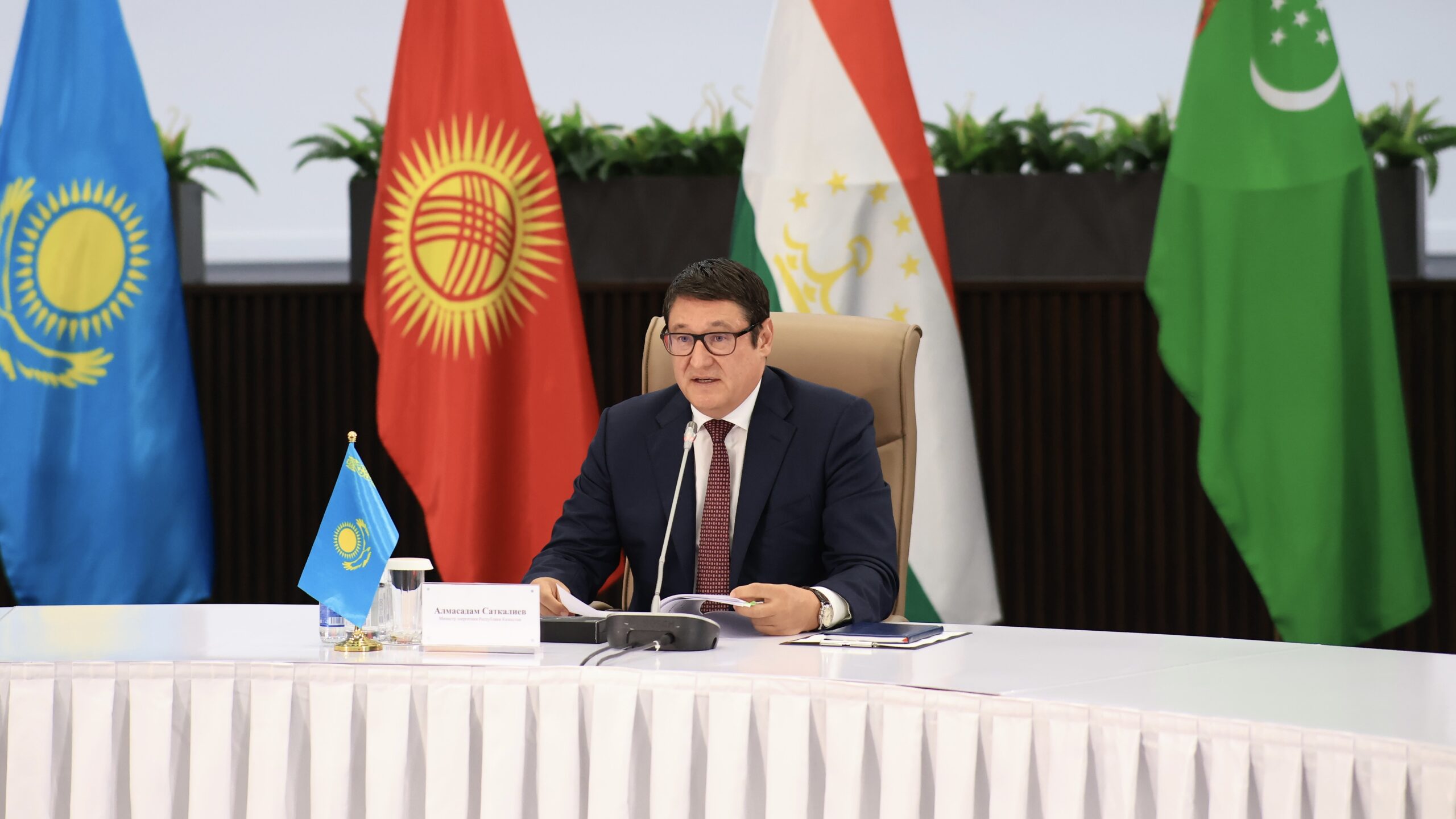
Photo credit: Akorda
The meeting was chaired by the Minister of Energy of Kazakhstan Almasadam Satkaliyev, and was attended by the Minister of Energy of the Kyrgyz Republic Talaibek Ibraev, Minister of Energy and Water Resources of Tajikistan Daler Juma, the Minister of Energy of Turkmenistan Annageldi Saparov, Minister of Energy of the Republic of Uzbekistan Jurabek Mirzamakhmudov and Deputy Minister of Energy of Azerbaijan Orkhan Zeynalov.
Kazakhstan presents cooperation priorities
Opening the meeting, Satkaliyev noted the huge potential for developing energy cooperation and strengthening existing ties between Central Asian countries.
According to him, today’s challenges for Central Asian countries include worldwide disruptions to energy supply stability, volatility in oil and gas prices, and others.
“To ensure the reliability of energy supplies, it is necessary to develop mechanisms for forecasting and managing these challenges, as well as strengthening cooperation between our countries,” Satkaliyev said.
He also called on his colleagues to step up efforts to strengthen cooperation by expanding opportunities for energy trade and focusing on a low-carbon direction, achieving carbon neutrality and a gradual energy transition.
According to Satkaliyev, the countries should focus on implementing joint projects in the gas industry. He recalled that Kazakhstan is currently launching a global project to develop and transmit green energy with Azerbaijan and Uzbekistan and is also actively discussing the construction of a large-scale Kambar-Ata-1 hydroelectric power plant (HPP) with the Kyrgyz Republic and Uzbekistan.
Satkaliyev underlined that the joint statement signed at the meeting lays the foundation for successful cooperation in all critical areas between the countries.
During the meeting, attendees spoke about regional energy security, cooperation prospects, and challenges.
Zeynalov, in his speech, outlined broad opportunities for comprehensive deepening of cooperation between Central Asian states.
“Azerbaijan and Central Asia are a single historical, cultural and geopolitical space of increasing strategic importance. I am confident the format of today’s meeting will promote development of regional cooperation and the rapprochement of our fraternal countries. Azerbaijan’s cooperation with the Central Asian countries is fruitfully developing both in bilateral and multilateral formats,” he said.
CA’s Energy Ministers pledge technological advancements in joint communiqué
According to a joint communiqué, the meeting helped to promote mutual trust and understanding, constructive and effective collaboration, good neighborliness, and friendship among Central Asian peoples.
“The parties note the enormous potential for energy cooperation between the Central Asian states, comprehensively increase the volume of energy trade, and intensify cooperation in new sectors, including the green economy,” reads the joint statement.
The sides support the partnerships between Central Asian countries on energy development, the expansion of cooperation in traditional energy sources, including oil, oil products, and natural gas, the strengthening of cooperation in hydropower, solar, wind energy and other renewable sources, the deepening of cooperation in the peaceful use of nuclear energy, and the implementation of projects using green technologies.
The energy ministers expressed their commitment to achieving sustainable development to ensure universal access to affordable, reliable, sustainable and modern energy sources. They intend to strengthen collaboration, share experiences, and attract investment to realize technology initiatives in the energy industry.
The parties will continue to improve cooperation by extending energy trade prospects and encouraging new energy infrastructure development.
Given the high potential of the regional electricity supplies, the parties will explore the possibility of developing new projects to create generating capacities.
The parties prioritize the digital transformation of the electric power industry and are ready to develop an exchange of expertise and cooperation in these areas.
The ministers are willing to consider implementing smart power grids and energy storage systems to improve the quality of power grid management.
The sides agreed to establish an energy dialogue on a permanent basis, which includes creating a working body and meeting heads of energy departments.


